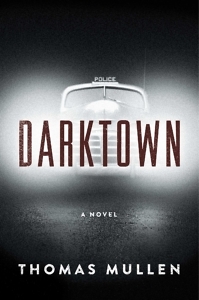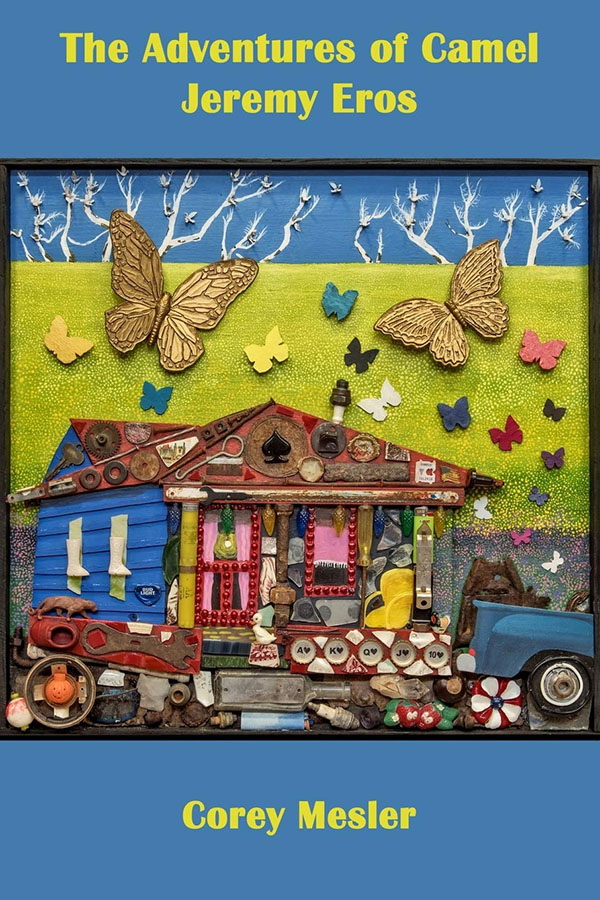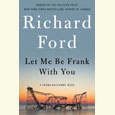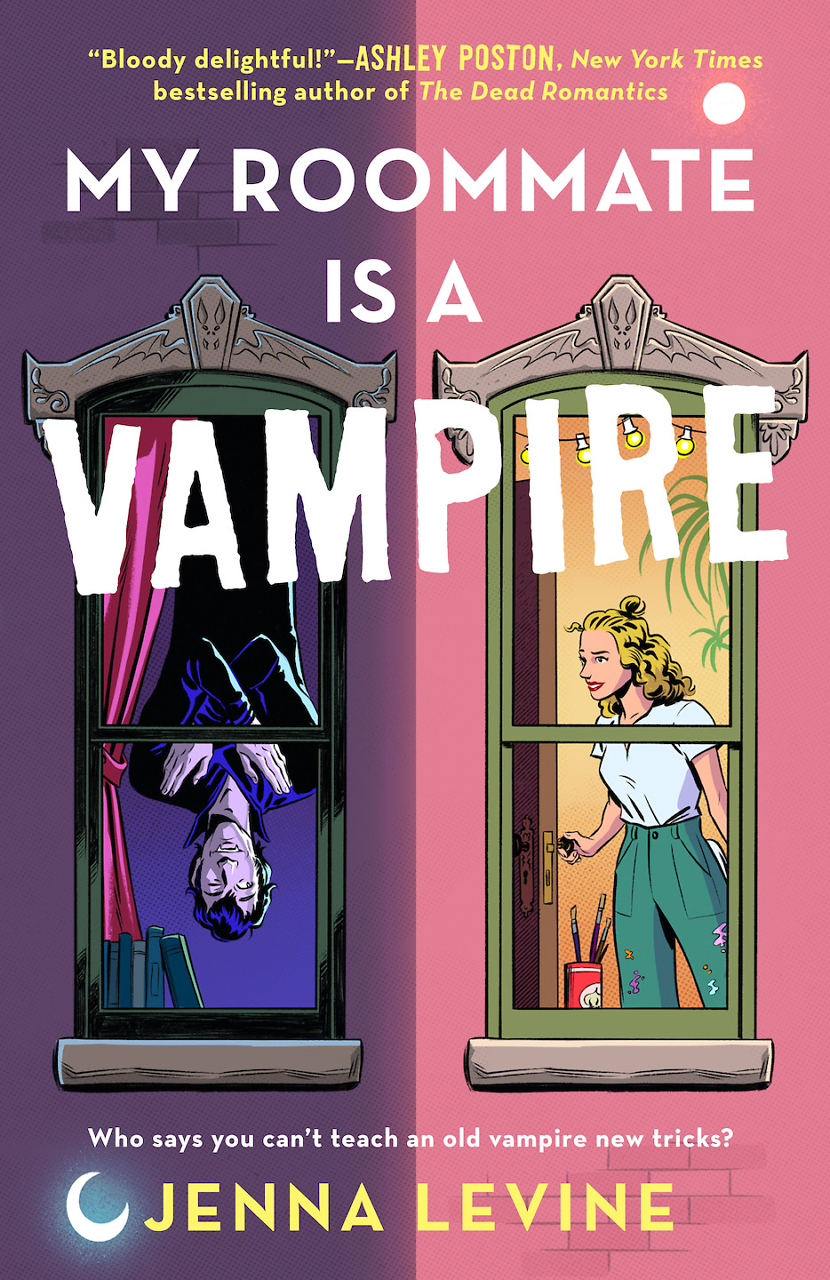Dark Nights and Dark Streets
Thomas Mullen delivers a hardboiled historical gem
Thomas Mullen’s new novel, Darktown, opens with a simple one-car traffic accident on Atlanta’s Auburn Avenue in the summer of 1948. Two police officers witness the incident, and complexities immediately compound as they pursue the perpetrator. Officers Lucius Boggs and Tommy Smith are among Atlanta’s first “Negro Policemen.” Prohibited from carrying guns and driving patrol cars, their work is constricted by a multitude of Jim Crow regulations. White police officers despise them, and their neighbors mistrust them. The effort to bring law and order to their neighborhood seems hopeless.
 Complications mount when they discover that the reckless driver is a drunken, belligerent white man transporting a young black woman, apparently against her will. Prohibited from arresting whites, they call in two white officers, the progressive-minded rookie cop Denny “Rake” Rakestraw and his older partner, the unabashedly brutal and racist Lionel Dunlow, who “ranked high on Boggs and Smith’s list of most hated white officers,” Mullen writes. “Not that there was an actual list. And not that there were many white cops who did not rank high. Maybe it wasn’t so much that Dunlow was worse than the others; the trouble was that he was an ever-present problem.”
Complications mount when they discover that the reckless driver is a drunken, belligerent white man transporting a young black woman, apparently against her will. Prohibited from arresting whites, they call in two white officers, the progressive-minded rookie cop Denny “Rake” Rakestraw and his older partner, the unabashedly brutal and racist Lionel Dunlow, who “ranked high on Boggs and Smith’s list of most hated white officers,” Mullen writes. “Not that there was an actual list. And not that there were many white cops who did not rank high. Maybe it wasn’t so much that Dunlow was worse than the others; the trouble was that he was an ever-present problem.”
Dunlow seems to know the reckless driver and releases him without a warning. Days later, the body of Lilly Ellsworth, the reluctant passenger, is found in a trash heap, shot through the heart. After Boggs discovers that the drunk driver’s name has been removed from his report, he suspects a cover-up. With his primary characters in place, Mullen unfolds a complex story that echoes the corruption-driven period noirs of James Ellroy and the blood’n’guilt-stained tragedies of Ross Macdonald. Mullen’s story twists through big-city corruption, unforgiven sins, deeply-ingrained prejudices, brutal violence, and vivid depictions of a society that seems almost like an alien world, though it is barely removed from our own time.
Mullen clearly did his historical homework as he presents a finely-detailed portrait of the world and prevailing attitudes of the Jim Crow South that existed only seven decades ago. Rather than clubbing the reader with expository passages, Mullen builds that picture through the skillful use of character-driven episodes:
His second day on the job, Boggs had been trying to help a woman whose wayward son’s friends had broken into her place and robbed it. He’d asked, “Ma’am, can you tell me what time it was when you were out?” and “What other things were taken, ma’am?” when her face turned into a scowl and she’d demanded, “Why you keep calling me ‘ma’am’?” He’d been thrown at first, no idea what she meant…. It took him a moment to realize that no one had ever called her “ma’am” before. Boggs had heard his own mother so addressed countless times, as she was a regal Auburn Avenue matriarch, wife to a preacher. But to this poor woman, it was a word for someone else. “You blind, son? You see a ‘ma’am’ here? I look like a white lady to you?” It had broken his heart. A few months later, it had happened so many times he’d grown used to it.
 On the other side of the color line is rookie police officer Denny Rakestraw. Raised by progressive parents, Rake is a decorated war veteran with the horror of Hitler’s Third Reich still foremost in his mind. He is torn between his own moral compass and the realization that good intentions alone are insufficient to stave off the violence and darkness of the world. And he’s forced to confront this tangle of contradictions when a confrontation with an escaped black convict and his family ends in tragedy:
On the other side of the color line is rookie police officer Denny Rakestraw. Raised by progressive parents, Rake is a decorated war veteran with the horror of Hitler’s Third Reich still foremost in his mind. He is torn between his own moral compass and the realization that good intentions alone are insufficient to stave off the violence and darkness of the world. And he’s forced to confront this tangle of contradictions when a confrontation with an escaped black convict and his family ends in tragedy:
Of all the cops in Atlanta, it was Dunlow who’d correctly deduced where the convict would be. … [Rake] had believed to his bones that Dunlow simply wanted to bully some poor Negroes, far from the real action. Rake had refused to play along by walking in with his weapon drawn. He did not want to be party to terrorizing innocent people. As a reward for that attitude, he’d wound up grievously injuring a woman instead.
With their mutual desire for justice, Boggs and Rakestraw come together to investigate a murder that is obviously being swept under the rug. In another time, it would be easy to see the two characters as full partners and friends, but in their time and place the best they can become is wary and uneasy allies, united by their mutual desire for a measure of justice, however small, and the hope for a brighter future.
Darktown excels as a thrilling hardboiled mystery, a fascinating historical novel, and as an examination of the dark and bloody ground that American race relations are rooted in to this day. Ultimately what makes this fine novel truly succeed is the basic humanity and hope embodied in its primary characters.

Randy Fox is a freelance writer whose writing on music and pop culture has appeared in Vintage Rock, Record Collector, East Nashvillian, Nashville Scene, Jack Kirby Collector, Hardboiled, and many other publications. He lives in Nashville.


